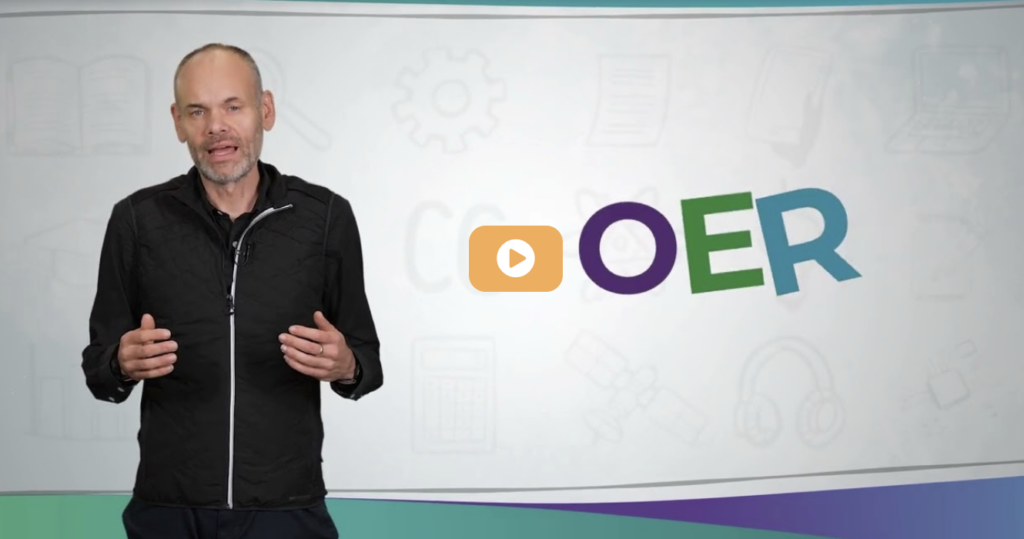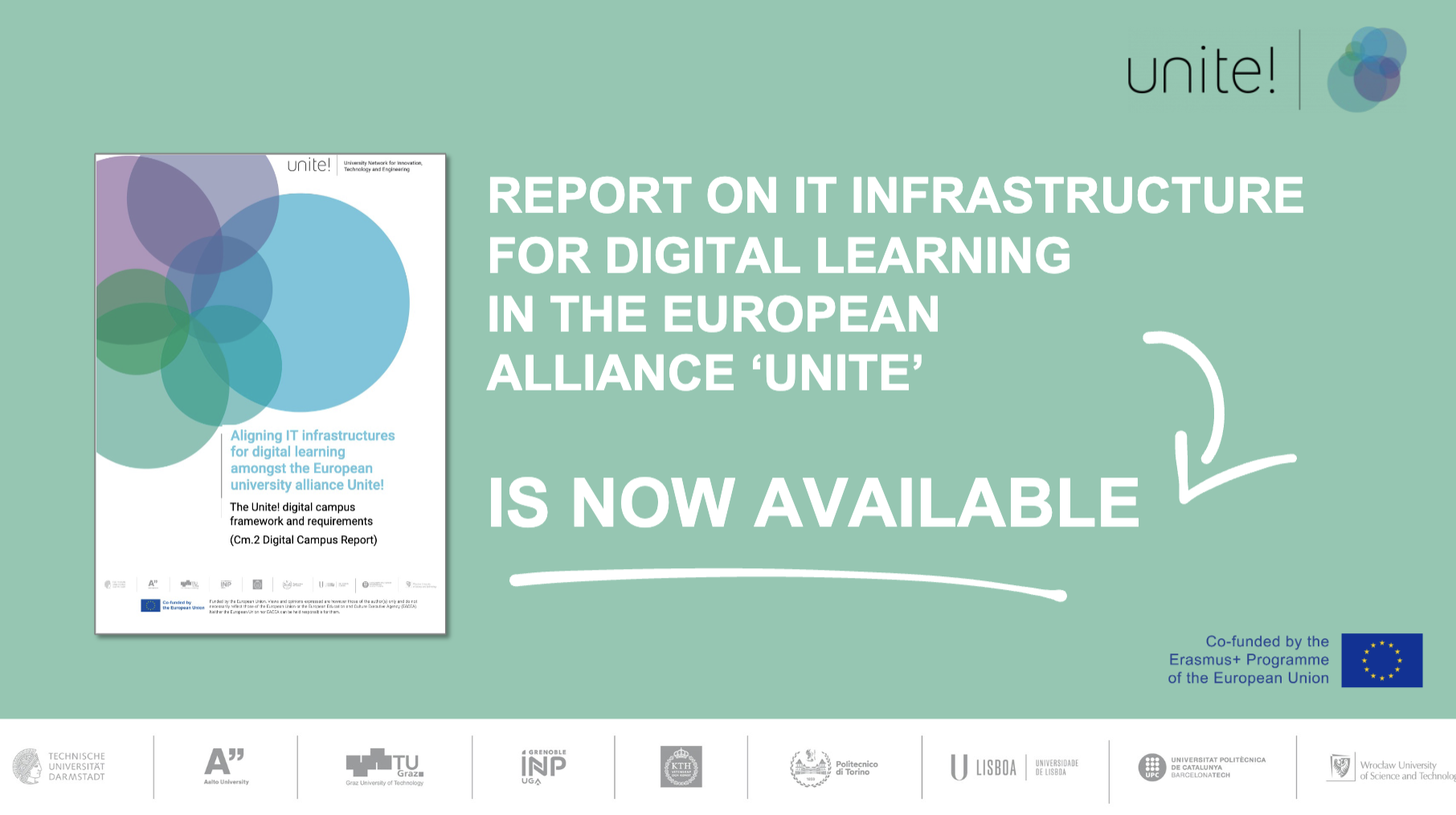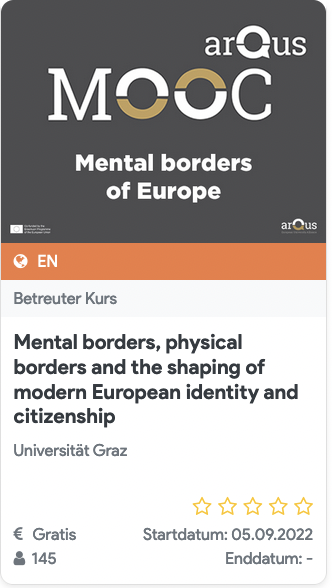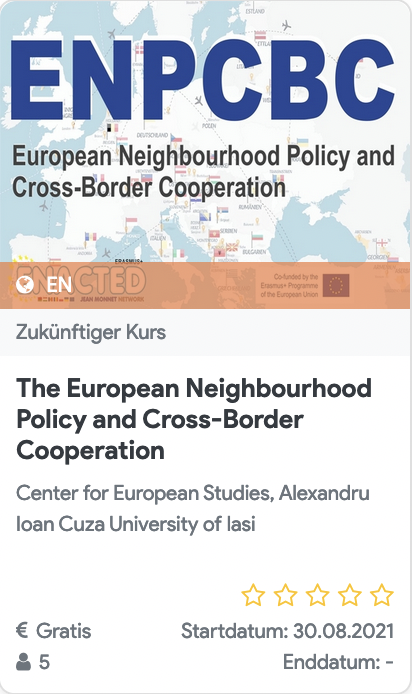Our report titled „Streamlining course catalogue metadata amongst European university alliances. An overview of existing standards, developments, perspectives and challenges (Technical Report)“ is now online available:
The digital transformation of higher education has created new opportunities and challenges for European university alliances aiming to foster seamless collaboration across institutions. Unite!, a leading European University Alliance focused on technology and engineering, has initiated the Cm.2 Digital Campus work package to develop an integrated digital learning environment. A key component of this initiative is the establishment of course catalogues that facilitate student and staff mobility within the alliance. However, the lack of standardised metadata models and the diverse approaches of partner universities to course cataloguing present significant obstacles to interoperability. This report presents the work of the Unite! Metadata Standards Working Group, established within the Cm.2 “Digital Campus” framework to address these challenges. The purpose of this document is to present a clear, coherent view of the metadata for a course catalogue of a European university alliance. Because the subject matter involves many interrelated topics and dependencies, the needed linear presentation does obscure the logical connections between them. The goal was the identification of sustainable and scalable approaches to course catalogue integration. The report outlines several entry points. Nevertheless, it is designed to bring colleagues on board who are not yet familiar with the background and the various use cases for course catalogues. Consequently, it opens with a basic introduction to the essentials of virtual mobility, the recognition of study achievements using the ECTS users’ guide (EC DG EAC, 2015) and highlights the difficulties of international / multilingual domain vocabulary and other basic issues (chapter 2). As described, we then presented the various access points from multiple perspectives: existing metadata standards (chapter 3), the (potential) role of national standards (chapter 4), two examples from other European university alliances (ENHANCE and YUFE, chapter 5), and results of an exploratory analysis of attributions in university course catalogues (chapter 6). Findings from the analysis of some Unite! partners‘ course catalogues highlighted inconsistencies in metadata usage, challenges related to terminology, and gaps in machine readability. Chapter 7 then summarises challenges surrounding metadata for joint course catalogues and finally, chapter 8 describes strategies for a common course catalogue in university alliances and provides a draft on how to develop and decide upon a course catalogue. This report aims to serve as a foundation for future discussions and technical developments within Unite! and other European alliances seeking to establish interoperable course catalogues. By addressing the challenges of metadata fragmentation and system integration, university alliances can enhance the accessibility and effectiveness of digital learning infrastructures, ultimately improving mobility and collaboration across higher education institutions.
Recommended Citation: Kubik, T., Schön, S., Bertonasco, R., Alcober, J., Diard, J., Ebner, M., Francisco, A., Gasplmayr, K., Hoppe, C., Koschutnig-Ebner, M., Krysiak, J., Martikainen, J., Petersson, J., Szymanska-Kwiecien, A. & Taraghi, B. (2025). Streamlining course catalogue metadata amongst European university alliances. An overview of existing standards, developments, perspectives and challenges (Technical Report). Graz University of Technology. DOI: 10.3217/0xewj-6mb92
This is an impactful contributions, methodological rigor, and exceptional novelty in the field of european alliances in higher education.




